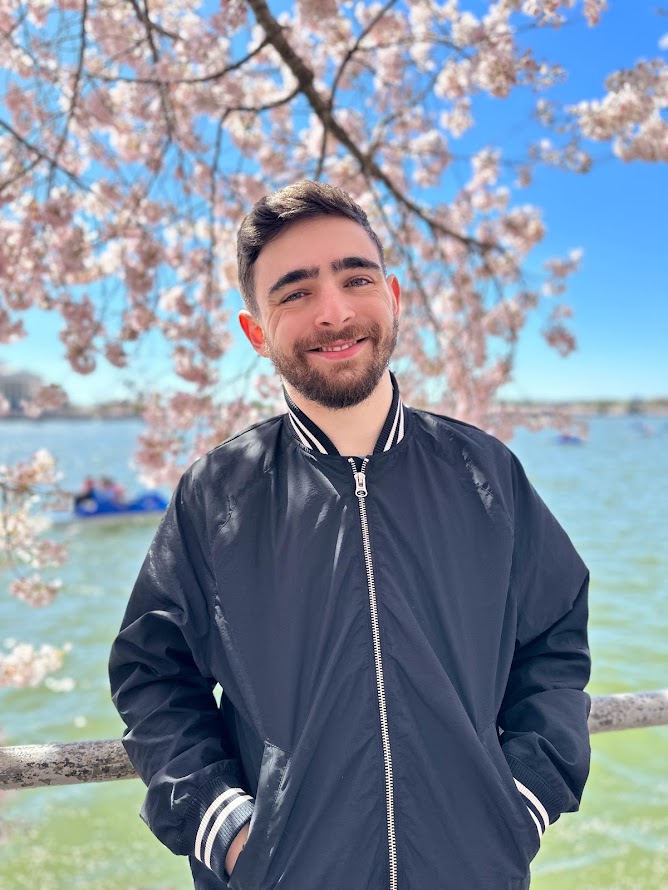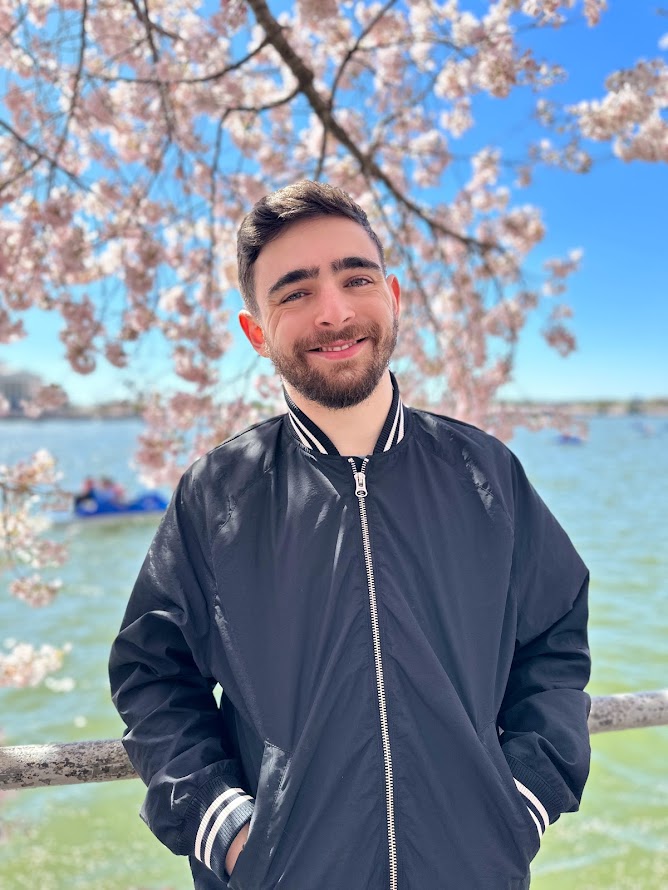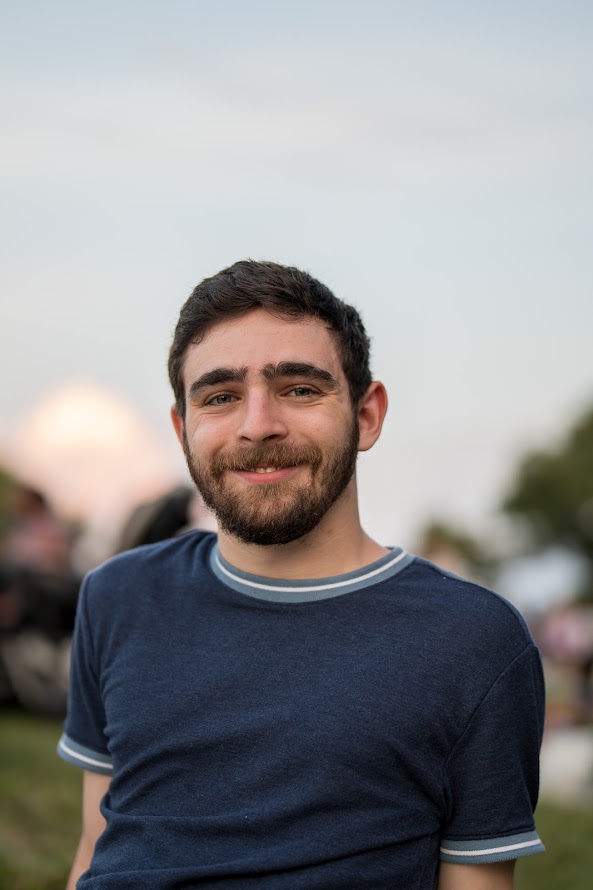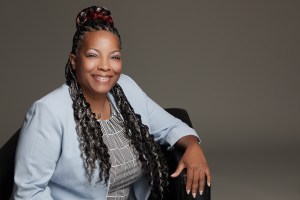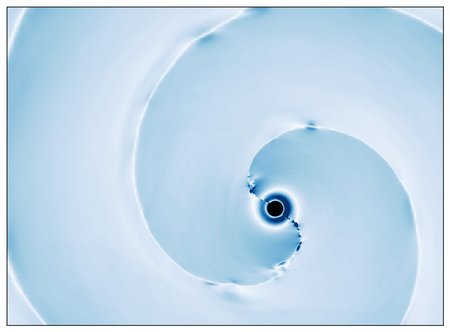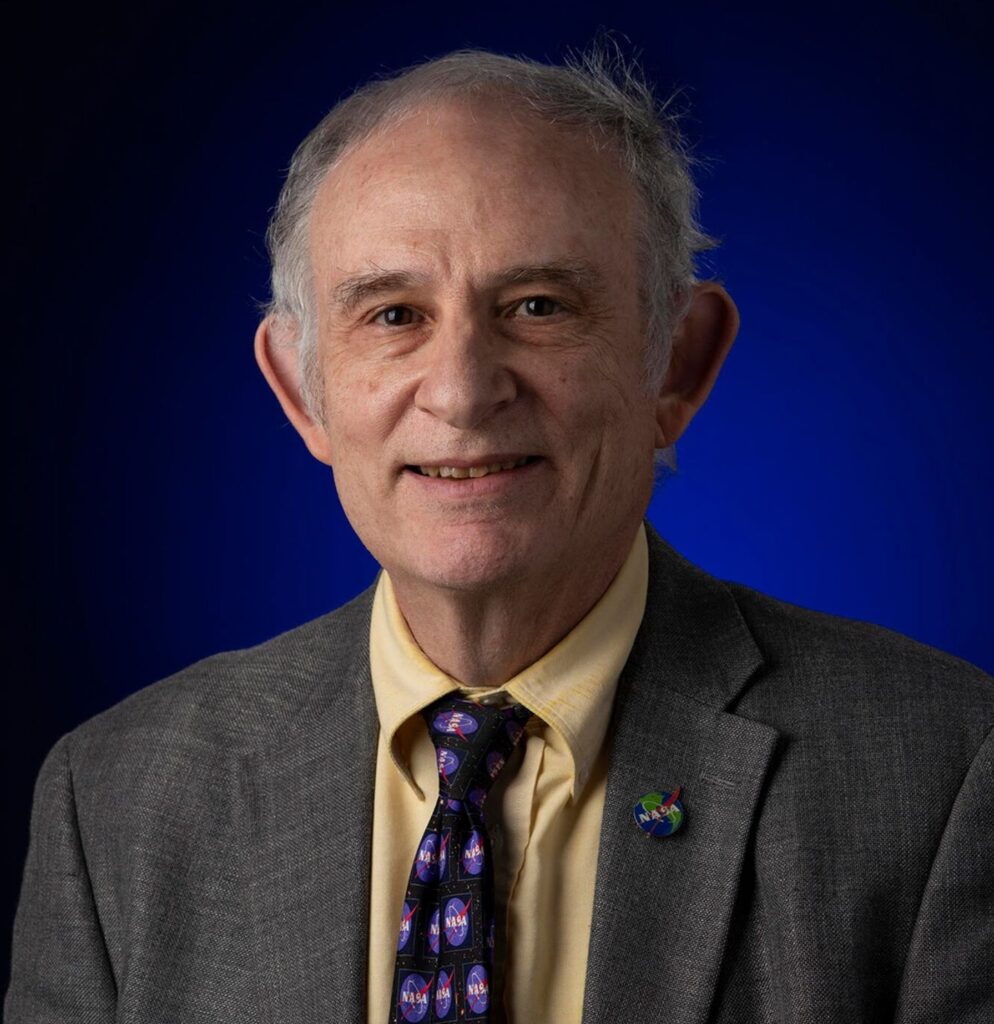Jake Cupani, a data science specialist, focuses on the intersection between data visualization and user experience — UX — design.
Name: Jake Cupani
Title: Financial analytics support specialist
Organization: Financial Analytics and Systems Office, Office of the Chief Financial Officer (Code 156)
What do you do and what is most interesting about your role here at Goddard?
I create data visualizations and dashboards to help visualize some of the key metrics including demographics, budgeting, and forecasting. I enjoy helping our office modernize and automate their processes.
What is your educational background?
In 2020, I got a B.S. in information science with a minor in astronomy from the University of Maryland. In 2022, I got a master’s in information management and data analytics also from the University of Maryland.
How did you come to Goddard?
After graduating, I did some consulting. I came to Goddard in 2023, but I had interned for Goddard throughout my academic career. My office knew about my work and recruited me.
You describe yourself as a data science specialist. What do you mean?
Data science encompasses everything from data visualization to analysis and specifics as well as data preparation. Data visualization focuses on taking any sort of data, be it spreadsheets or tables, and creating graphs and interactive charts to explain the data and gather insights on the data.
What is most important to you as a data science specialist?
What I think is important is the intersection between the visualization and the user experience. You have to make it easy for people to digest the analytics so that they can understand the ideas you are trying to get across and the overall trends.
As a person fairly new to Goddard, what are your initial impressions?
What is great about Goddard is that everyone seems really open to helping. Everyone works collaboratively. You can always ask questions. Goddard has a collegial environment.
It is very refreshing to be in an environment that is so open and welcoming. People from all different walks of life work at Goddard and this diversity enables us to accomplish all the things that we do. People are willing to listen to other people’s ideas.
Who is your mentor and what have you learned?
My mentor is my boss, John Brady. I thank him for being such a good leader and listener. He taught me about Goddard’s culture and how decisions are made.
What is your involvement with the LGBTQ+ Employee Resource Group?
Although not in a leadership role, I attend the monthly meetings where we get together and have lunch. Sometimes we have speakers, other times we just talk. These lunches help me engage with the LGBTQ+ community.
What one thing you would tell somebody just starting their career at Goddard?
I would tell them that working at Goddard is an amazing opportunity that will allow them to meet a lot of really smart people who also very welcoming. I would tell them not to be shy and to talk to as many people as they can.
Where do you see yourself in five years?
In five years, I want to still work in data visualization and continue to learn as much as I can to grow my expertise. Beyond that, I don’t know what is in the future for me.
What do you do for fun?
I like baking cookies, brownies, and cakes. I am also a big fan of playing video games, especially Pokémon.
By Elizabeth M. Jarrell
NASA’s Goddard Space Flight Center, Greenbelt, Md.
Conversations With Goddard is a collection of Q&A profiles highlighting the breadth and depth of NASA’s Goddard Space Flight Center’s talented and diverse workforce. The Conversations have been published twice a month on average since May 2011. Read past editions on Goddard’s “Our People” webpage.
